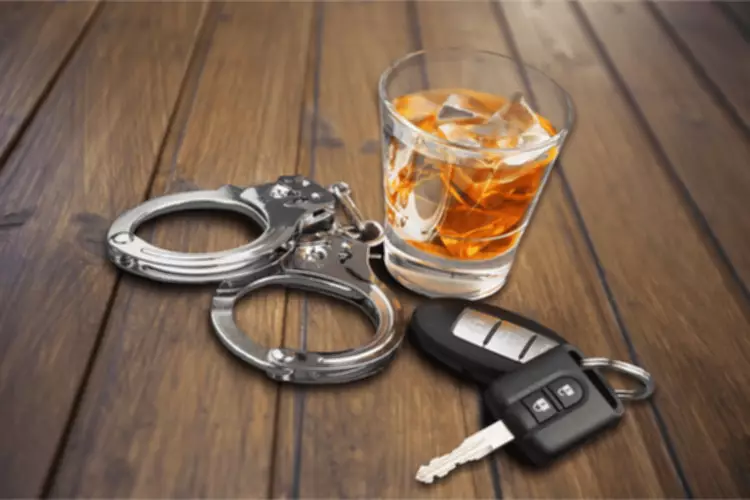Content
Daily drinking can have serious consequences for a person’s health, both in the short- and long-term. Many of the effects of drinking every day can be reversed through early intervention. Alcohol use already causes dehydration, which can lead to other hangover symptoms. Therefore, having a hangover symptom of sweating can further dehydrate your body, leading to additional hangover symptoms from dehydration. People experiencing mild night sweats from occasional alcohol consumption may find relief using home remedies.
Medicines that disguise the symptoms of alcohol intolerance may make you feel like you can drink more than you should. This can be dangerous, especially if you have an ALDH2 deficiency. Sweating does not get rid of alcohol from your body any quicker than normal. Alcohol is broken down by your liver into smaller byproducts, which are then expelled from your kidneys into your urine. Sweating is a result of the effects of alcohol on your body, but sweating does not ‘get rid’ of the alcohol from your body any quicker. On top of that, the overall process of metabolising alcohol and shifts in blood supply can give off more heat and cause additional flushing.
Wine Spectator
One study of alcohol’s effects on body temperature showed that sweating and the sensation of heat increased significantly 10 minutes after consuming alcohol. Body temperature, however, dropped 20 minutes after the sweating began. Some people receiving treatment for cancer have hot flashes and night sweats. While each patient is different, sweating can happen from a tumor, the treatment itself or drugs that might be prescribed for pain or other reasons, according to the National Cancer Institute.
The most noticeable symptoms of this condition is feeling hot and flushed when you drink alcohol. Both hot flashes and sweating are signs that your hangover has triggered your sympathetic nervous system, commonly referred to as your fight-or-flight response. When you drink alcohol, your brain cells tell your blood why does alcohol make you hot vessels to expand to get rid of the extra heat. When the vessels expand, you might feel even warmer because of the increased blood flow inside the blood vessels beneath your skin. You may also find that you sweat more after you drink alcohol, because of increased blood flow in the vessels under your skin.
COVID-19 Prevention
It is important to read labels and stay informed so you can choose the right antiperspirant for you. Alcohol inhibits your motor skills and ability to make clear decisions. For some people, alcohol can enhance feelings of excitement, anger, or sadness.
How long does alcohol flush last?
If you have numerous alcoholic drinks all night, your symptoms are likely to last all night. If you have a drink and symptoms start, but you stop drinking, your reaction should subside in a few hours.
However, as described above, alcohol itself is a known risk factor for hot flashes. Medical professionals are not sure why the results vary so widely in the studies, and more research is likely needed. You may feel like you have a high temperature after drinking alcohol because of how alcohol affects your brain. Medical professionals think that alcohol tricks your brain cells into thinking that you are warm.
Read this next
It is an inherited disorder, so it was passed down to you from your parents. The skin has sensory receptors that can adapt to temperature changes. While this may look like an advantage, it can actually be dangerous. Unfortunately, research suggests that this pain dampening effect is highly variable. And while some people do consume alcohol to help relieve chronic pain, it is possible for tolerance to occur such that pain relief lessens over time. It is also known that alcohol acts on the process of long-term potentiation – the way in which neurons remodel the connections between them after learning.

For some people, consuming an excessive amount of alcohol can cause unpleasant side effects such as sweating after drinking. While treatments may hide the redness, they only cover up your symptoms. If you experience facial flushing while drinking, you should try to limit or avoid alcohol. People of Japanese, Chinese, and Korean https://ecosoberhouse.com/ descent are more likely to have alcohol flush reaction. At least 36 percent, and perhaps up to 70 percent, of East Asians experience facial flushing as a response to drinking alcohol. People who experience the alcohol flush reaction and who drink alcohol are at higher risk for cancer, including esophageal and breast cancer.
